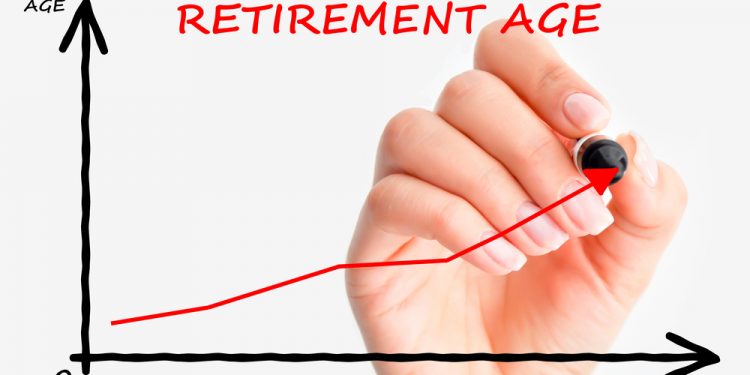Today (December 5th) is the last day at which men and women will receive the state pension on their 65th birthday.
Those born after December 5 1953 will have to wait a few extra months before they receive this state benefit. This is part of plans to raise the state pension age from 65 to 66 by the October 2020.
This is the first state pension age increase for men since 1948, when the modern pension system was introduced. Women’s SPA has been raised from 60 to 65 in recent years, and were only equalised with men’s last month.
This increase is being introduced incrementally, meaning people will experience different state pension ages depending on when they were born.
Those whose 65th birthday falls between Dec 6 and January 5 219 for example will not get their state pension until March 6 2019.
Those whose birthday falls between Jan 6 and Feb 5 will have to wait until May 6th, while those who birthday falls from Feb 6 to March 5th won’t get their pension until July 6.
So depending when people’s birthday falls they could face a three or six-month wait to get this pension. Those born towards the end of this whole transition period will have to wait an additional year to get their state pension.
These plans were introduced by the coalition government in 2011. After this transitional period the state pension age for both men and women will rise again to 67 by 2028 and 68 by 2039.
AJ Bell senior analyst Tom Selby says: “A state pension age increase probably isn’t what most people asked for in their Christmas stocking, but that will be the reality for many people who are about to turn 65.
“The short-term impact on people’s finances could be significant. At the lower end, a three-month rise in the state pension age could cost someone over £2,000 in retirement income. Those who have to wait a full year longer could miss out on over £8,000 in state pension.
“While this might feel like a cruel lottery for those immediately affected, younger generations will need to prepare for rises in the state pension age to 67 and 68.
“Indeed, if life expectancy continues its long-term trend upwards a state pension age of 70 could well be on the cards.
“For most savers – and particularly younger people – the clear signal coming from the state is that if you want security in retirement, you need to provide it for yourself.”





